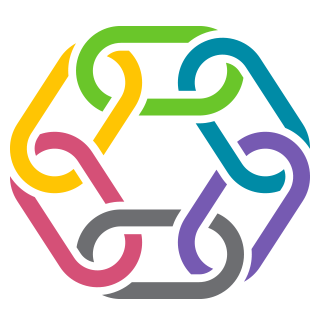Feeling burnt out? You are not alone. There are 4 million caregivers in Ontario: people who physically and emotionally support family members, chosen family members, neighbours and friends. So much emotional and physical labour in our health care system falls to caregivers, leaving many caregivers feeling anxious and overwhelmed at times.
The Ontario Caregiver Organization (OCO) was created in 2018, designed as a hub to provide and connect caregivers to the supports and resources they need. The OCO is funded by the Ministry of Health and is a one-stop shop for caregivers to access supports.
The Family Care Office hosted the OCO on November 24, 2022. Shrid Dhungel, OCA Regional Lead for Communication, delivered a workshop called “Understanding Caregiver Stress and Burnout.”

Dhungel spoke about the 4 million people across Ontario providing care in an unpaid capacity. Many of us might see ourselves reflected in these descriptions. Caregivers are normally between 35-65 (sometimes called the sandwich generation). Some are older, and some are younger. Almost 70% of caregivers are employed. One in five cares for more than one person.
Balancing caregiving with work, school during a pandemic has been challenging for many. OCO’s Spotlight research shows that caregiver mental health is becoming increasingly worse year over year. According to Dhungel, caregiving impacts your time, work/life balance, finances, health and wellness, and personal relationships (including your relationship with the care recipient).
Caregiver stress and burnout is exacerbated by caregivers feeling unsupported and like the systems are overly complicated to navigate. The OCO was created to address these needs. The OCO provides various support in various forms, including a 24/7 hotline, peer supports, counselling, webinars, courses, podcasts and more. The OCO can also assist in navigating complicated systems. Check out their various supports available on this webpage. Supports are available for young, Indigenous, Black and 2SLGBTQ+ caregivers.
During the workshop, Dhungel talked about the signs of burnout: feeling of hopelessness; withdrawing from losing interest in activities; neglecting own needs; feeling like caregiving is controlling your life; becoming impatient or irritable; anxiety about the future; depression/mood swings; difficult coping with everyday things; physical problems; lowered resistance to illness; lack of energy; fatigue; changes to eating habits; and sleep problems (too little or too much).
When it is bad, burnout is a crisis and warrants an emergency phone call and/or accessing community supports. If you are in crisis and need immediate assistance, the OCO website advises you to call 911.
To reach the OCO helpline, you can call: 1-833-416-2273 (CARE). The Ontario Caregiver Helpline is a one-stop resource for information and referrals connecting caregivers to the support you need. This might include respite, a support group in your community or programs for the person you care for.
The workshop covered ways to improve health in different aspects of our lives including physical, emotional, social, professional and spiritual. Dhungel also spoke about ways we can practice active prevention, such as good sleep hygiene, adequate nutrition, exercise, restorative breaks, time in nature and breathing practices.
Even when we are taking care of ourselves, as many of us know, caregiving is hard and exhausting. The OCO provides supports, free of charge, for the many of us who are caregiving while studying and/or employed.
Resources:
- Download the Toolkit for Working Caregivers: Work & Caregiving – A Balancing Act
- Summary of services and supports offered by the OCO
- OCO helpline: 1-833-416-2273 (CARE)
- OCO website